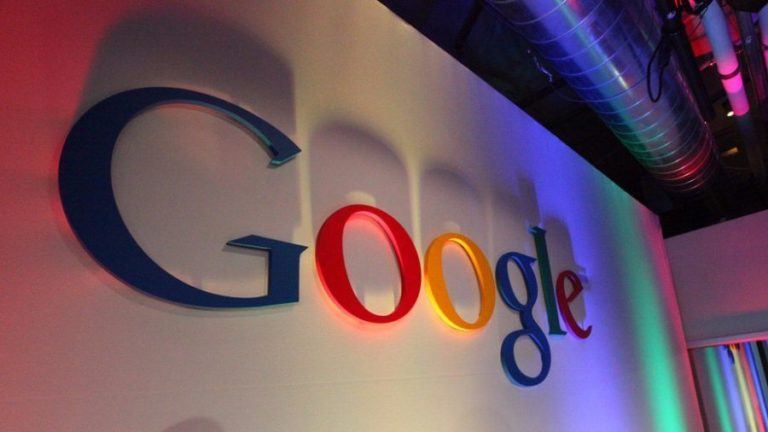Facebook’s White Nationalism Ban — Is It A Disaster In Goodwill?
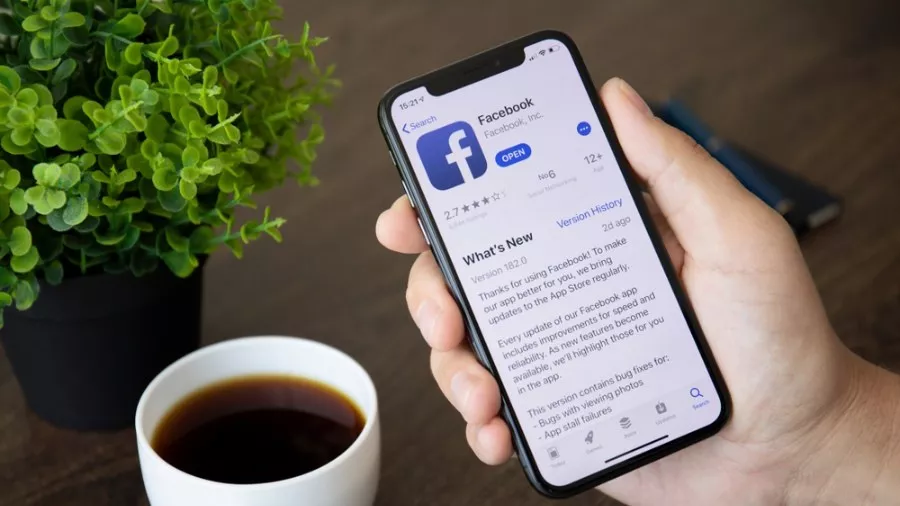
After several ‘Unite the Right rallies,’ violence in Charlottesville and the Christchurch terrorist attack in New Zealand, Facebook finally took action. The social media platform banned ‘White Nationalist’ and ‘White Separatist’ content on its platform.
Prior to this, only the ‘White Supremacy’ or content related to it was banned. In an official Facebook Newsroom post on 27th March 2019, the platform erased the distinction between White Nationalism and White Supremacy.
Facebook informed that their decision comes after several extensive discussions with race-relations experts along with several civil society members. In the end, all representatives unanimously concluded that White Nationalism and Separatism interlinks with White Supremacy.
What was the need for Facebook White Nationalism ban?
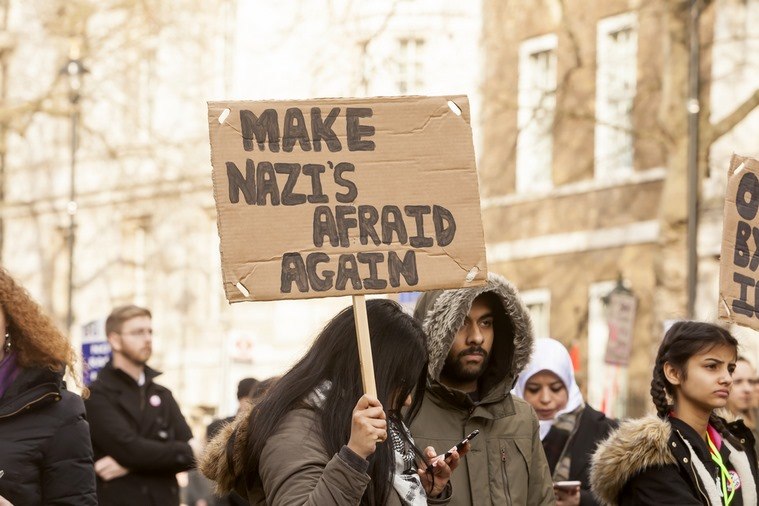
Over the years, on several social media platforms, many radical ideas like ‘The Great Replacement’ — a systemic replacement of white majority from their state, and ‘Collapse of the Western Civilization’ have spread like wildfire. The underlying tone of these ideas creates a ‘them vs. us’ mentality.
The Christchurch terrorist believed that these concepts were real and followed them religiously. So much so that he committed a terrorist attack on a mosque to achieve the idea of a white ethnostate — a state where only whites are allowed for citizenship.
Similarly, the shooting at Synagogue in Pittsburg that left 11 dead was a clear example of anti-Semitic violence — the likes of which were rampant during World War 2 that killed millions of Jews.
Combine these atrocities with the mounting pressure on ‘Mark Zuckerberg and Co,’ and suddenly we are living in an age where White Nationalism and White Supremacy are synonymous, at least for Facebook and Instagram.
Is White Nationalism White supremacy?
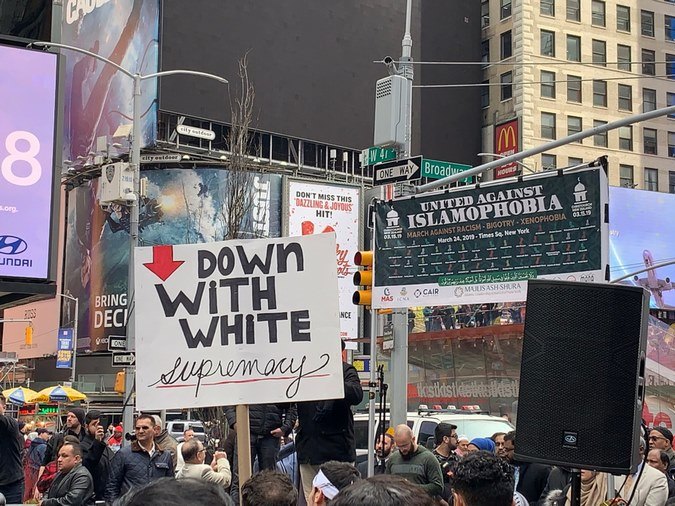
No. Taking pride in your ethnic heritage is never a bad thing. People should be encouraged to read and learn about their history. However, whenever a web page posts information about White Nationalism, it almost always starts shifting its tone towards not ‘how great and culturally rich white people are’ but towards ‘how other people’s culture is somehow inferior to ours’.
The idea that all white people have just one common history and there’s practically no difference between a white man in Iceland and another one in southern Italy is just not right.
In these times, White Supremacists try to paint a happy picture and make it look like whites don’t discriminate among themselves on the basis of language or culture — as there was once a time when white Irish people in the burrows of New York were discriminated against by other native whites.
Is this ban a disaster in goodwill?
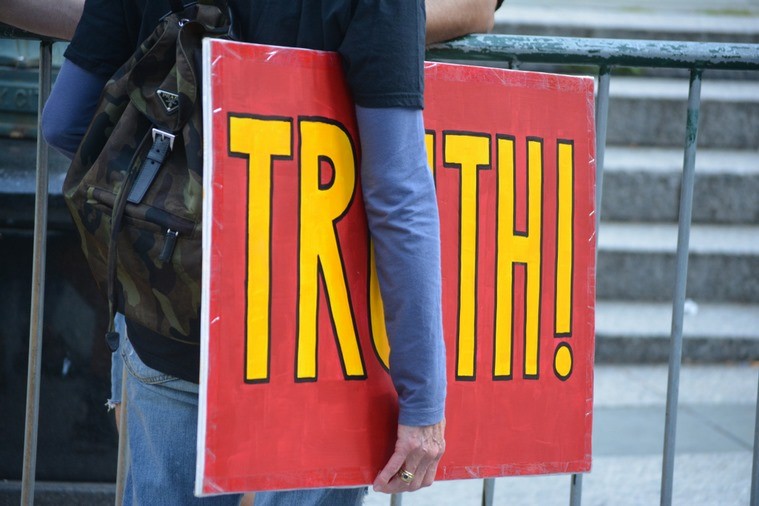
The simple rule of thumb to understand whether a particular philosophy is worthy of censorship is to look at the violence it incites among the general public. You can’t merely say that those who committed a terrorist attack were just some troubled people with mental health problems.
If any philosophy isn’t itself able to stabilize its interpretation and keep its believers in the non-violent zone, then it needs regulation. The reason being, philosophers can’t always be with each of their followers, who might take a radical violent approach, and correct them from doing the same. It’s just not humanly or physically possible.
In that sense, a ban on White Nationalism makes sense. Facebook also did the same with radical Islam in the case of ISIS.
Will other social media platforms follow suit?
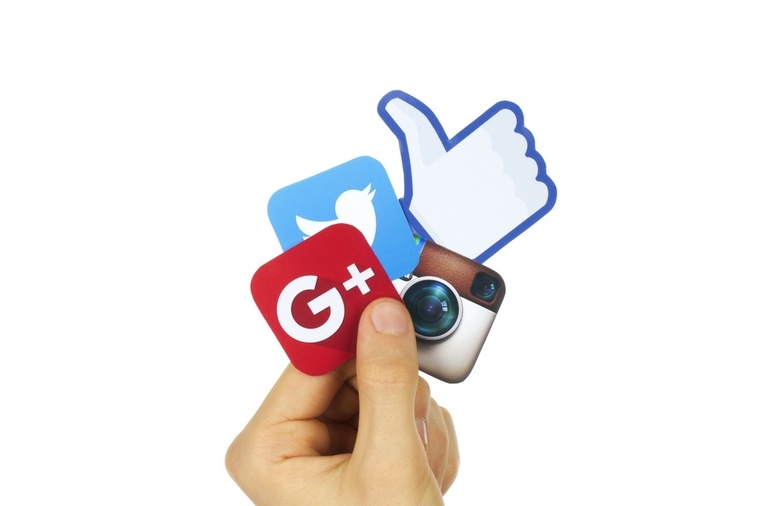
Almost every big social media platform already protects its users against hate speech. However, a strict Facebook-like ban will depend on the success of the same. If the platform can avoid controversies and report a reduction in hate speech against minorities, then other tech giants would want the same for themselves.
Despite the allegations of being biased, Facebook, Google, and Microsoft are very much neutral in their stance. The current ban only comes after someone gunned down innocent people and live streamed it. No company, advertiser or even investor in the entire world would want to be associated with any organization that is remotely linked to the business of manslaughter.
So, is the ban a little too much? Yes. But was there any other option for Facebook after the enormous pressure? Probably not.
Also Read: Zuckerberg’s Decisions Make Sense Once Taken, Facebook’s Former Executive Says

